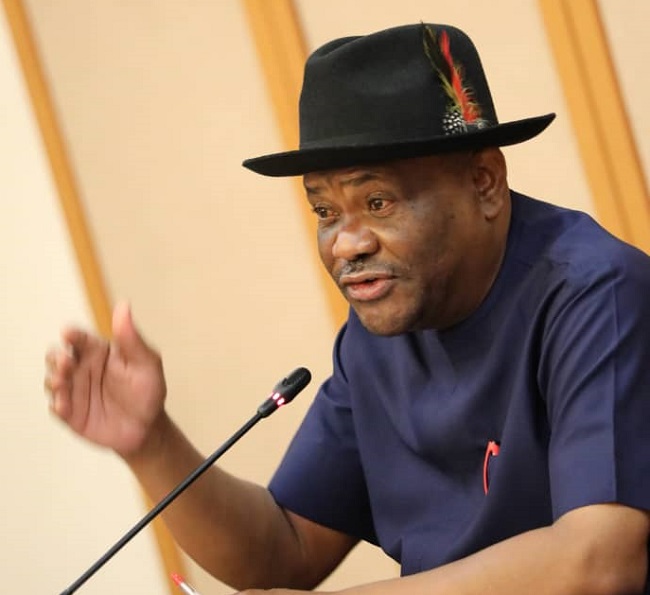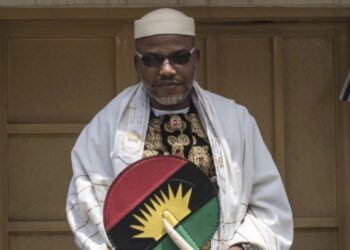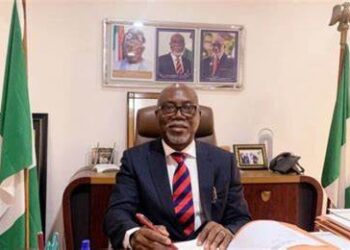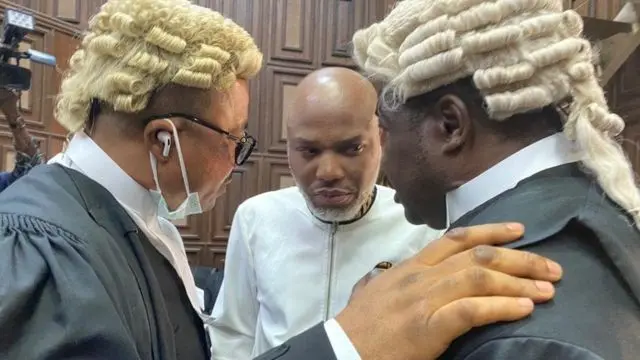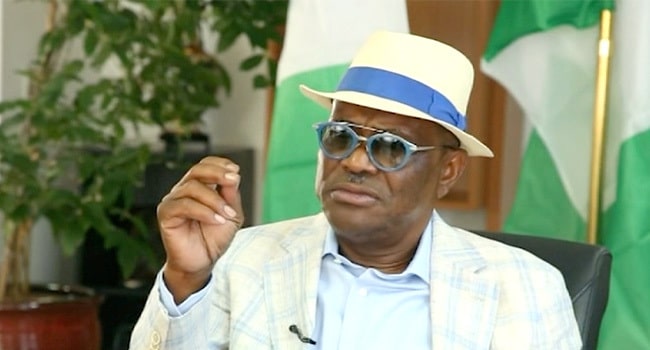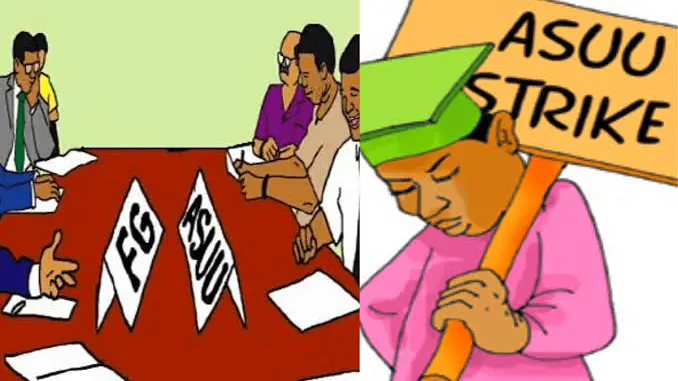Federal Capital Territory Minister, Nyesom Wike, has endorsed Governor Monday Okpebholo’s controversial requirement that former Labour Party presidential candidate Peter Obi must obtain security clearance before visiting Edo State.
Speaking during the launch of modern mass transit buses by the Edo State government on Tuesday in Benin City, Wike defended the governor’s position, arguing that state chief executives bear ultimate responsibility for the safety of high-profile visitors within their jurisdiction.
The FCT Minister dismissed suggestions that Okpebholo’s statement constituted a threat against Obi, instead characterizing it as a reasonable security protocol for protecting prominent political figures.
“When I was governor of Rivers State, when Peter Obi was coming to my state, he notified me, and I provided vehicles and logistics for him, because at that level, as a presidential candidate, anything that happens to him will be my fault,” Wike explained, drawing from his own experience as a former state governor.
Wike emphasized that governors are held accountable for incidents involving visiting dignitaries, making prior notification both prudent and necessary. “Governor Okpebholo, the statement you made is correct. Obi must inform you before coming to Edo State,” he declared in support of the Edo governor’s position.
The Minister’s comments come amid widespread controversy following Okpebholo’s earlier declaration that the former Anambra State governor must secure his approval before entering Edo State, a statement that has generated significant debate across Nigeria’s political landscape.
Wike’s intervention adds a new dimension to the ongoing dispute, with the former Rivers State governor citing practical governance experience to justify what critics have described as an attempt to restrict political movement and activities.
The FCT Minister’s backing of Okpebholo’s stance signals potential alignment between the two political figures on matters of state security protocols, even as the controversy continues to generate mixed reactions from various quarters of the Nigerian political establishment.
The dispute has raised broader questions about the extent of gubernatorial powers over political visits and the balance between state security concerns and democratic rights to political participation and movement across the country.

